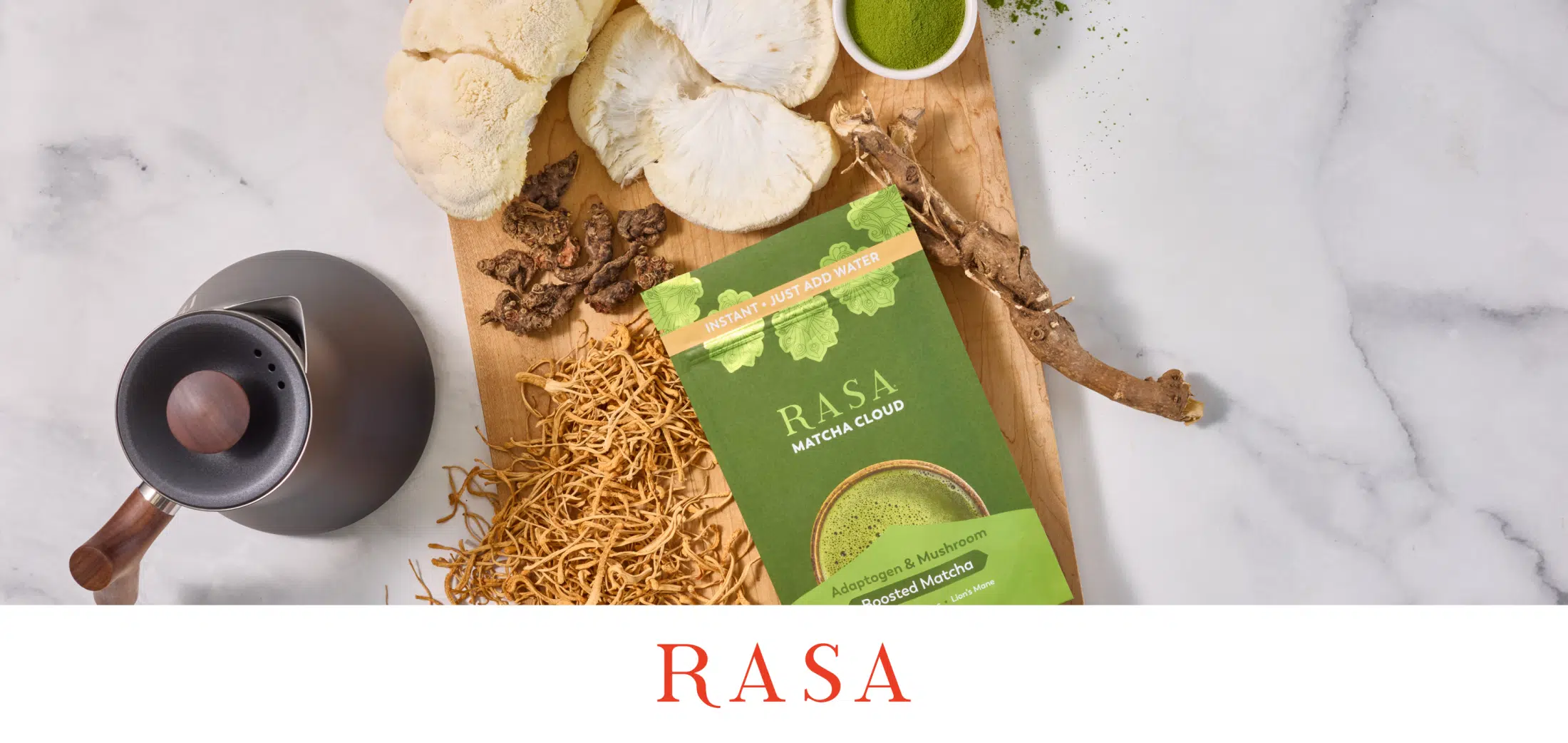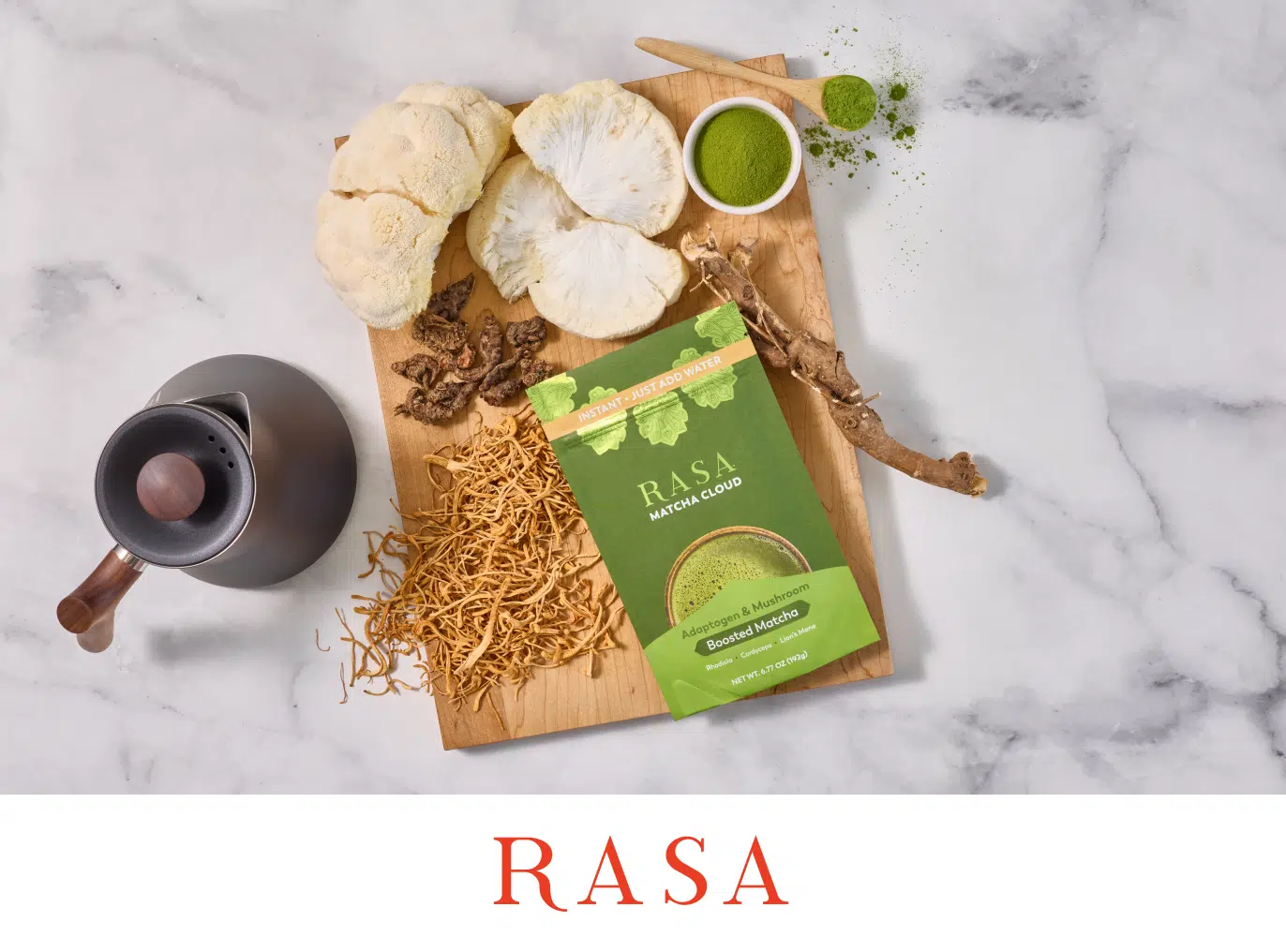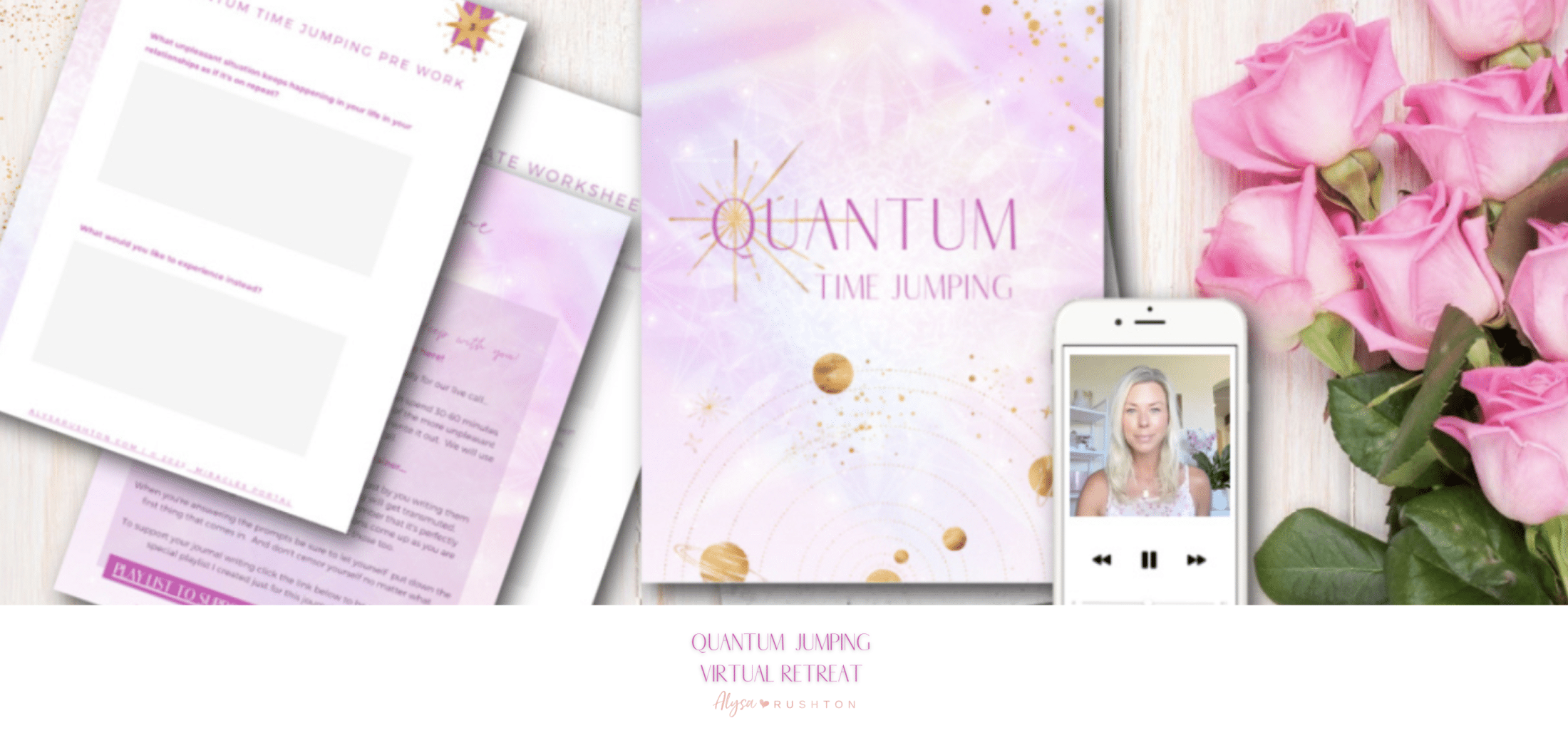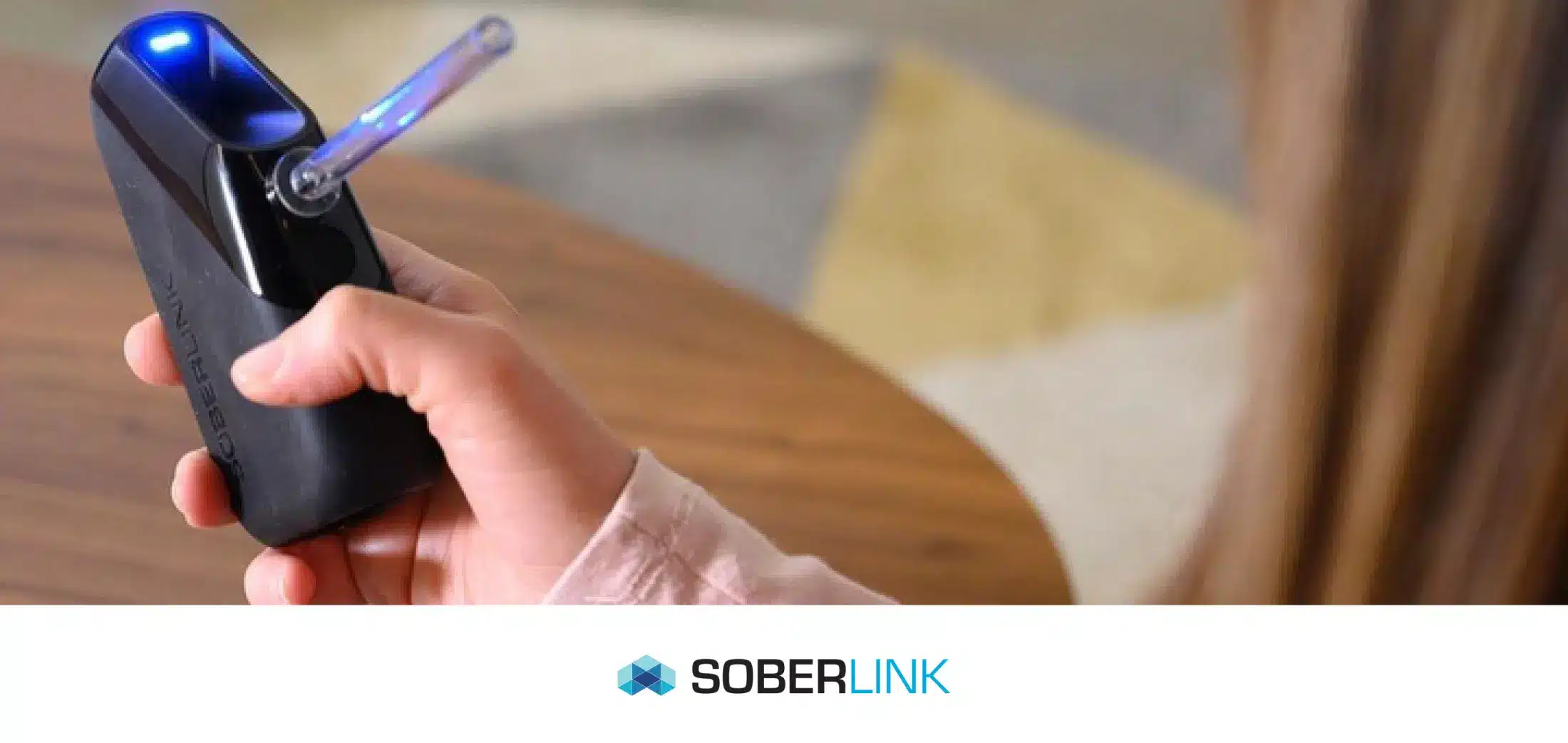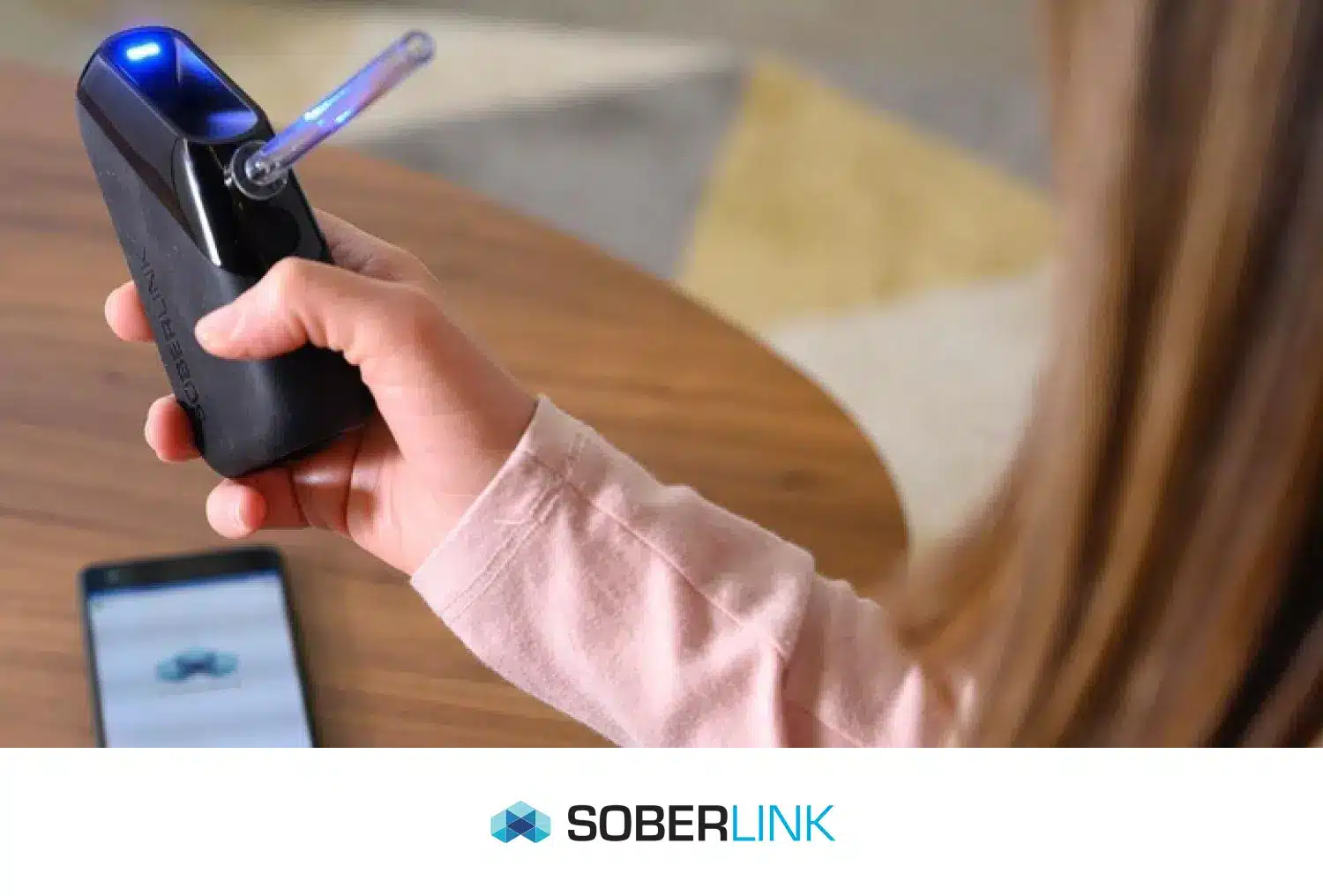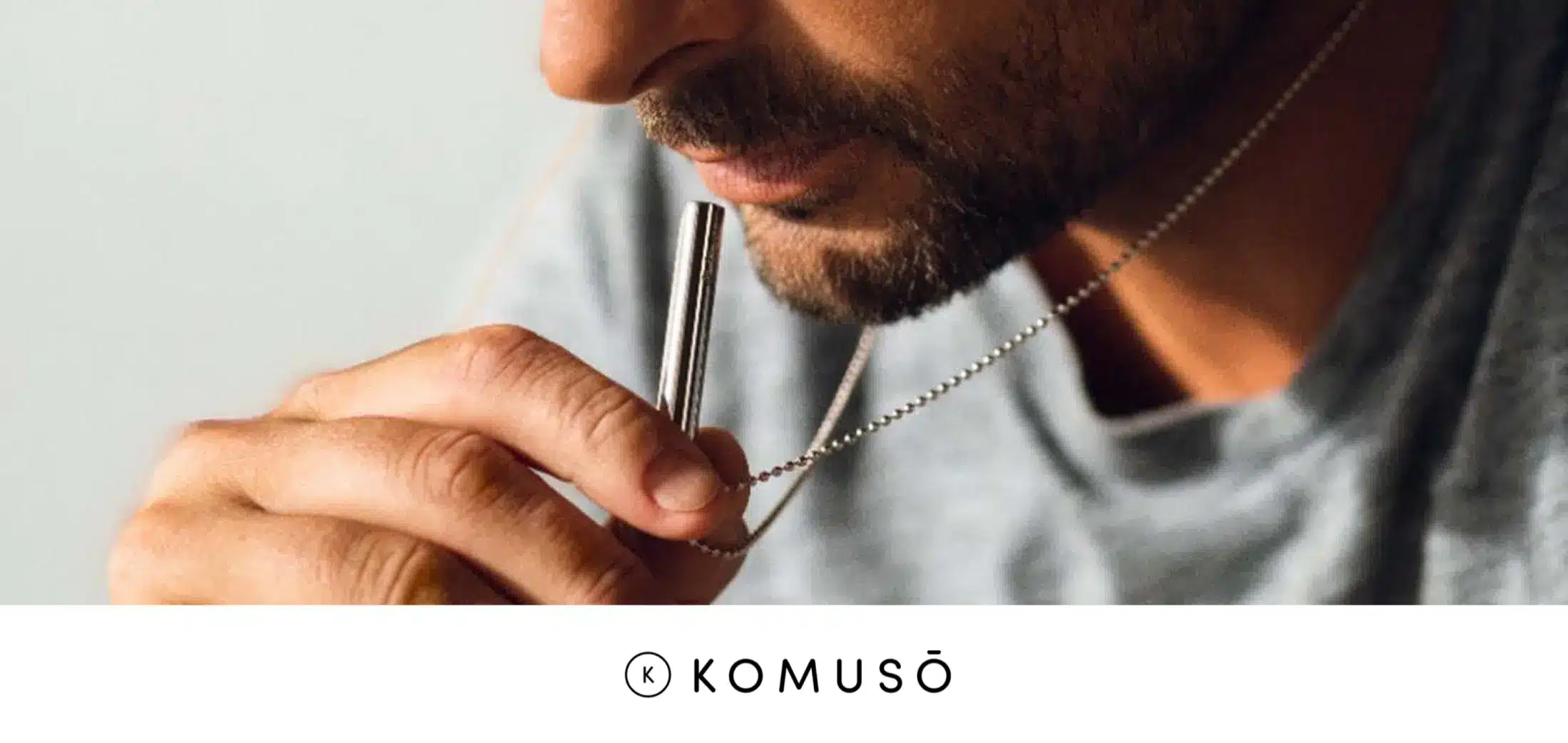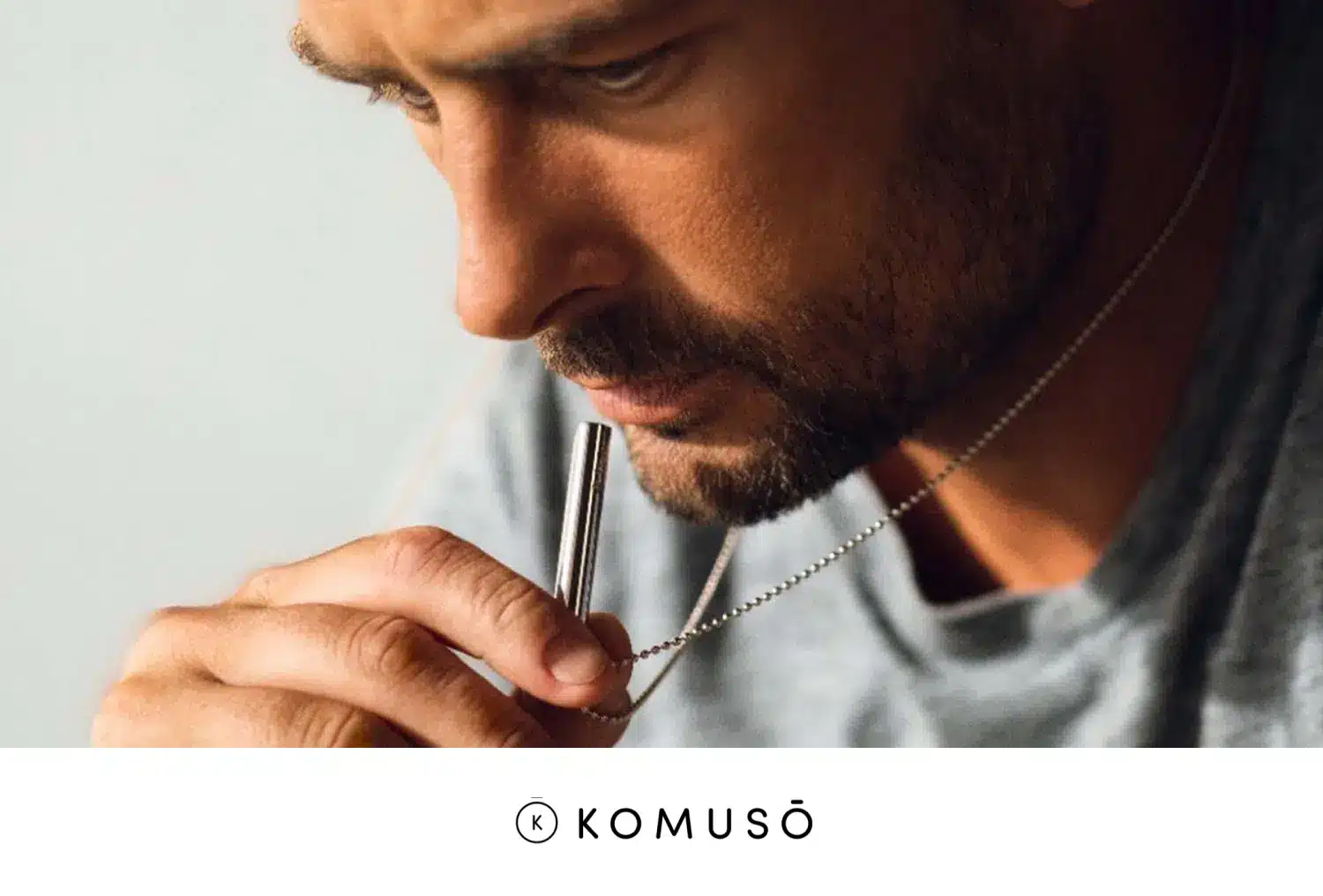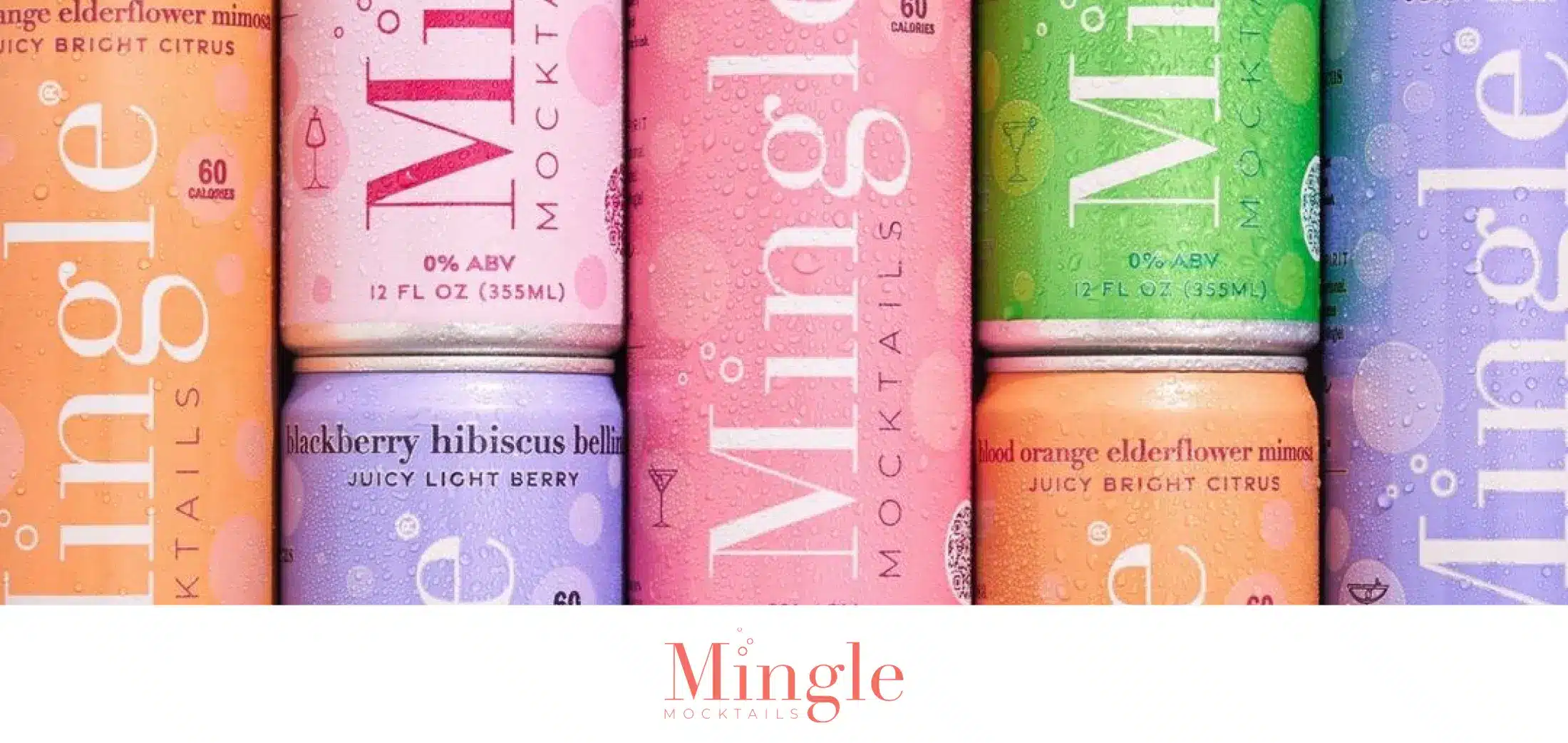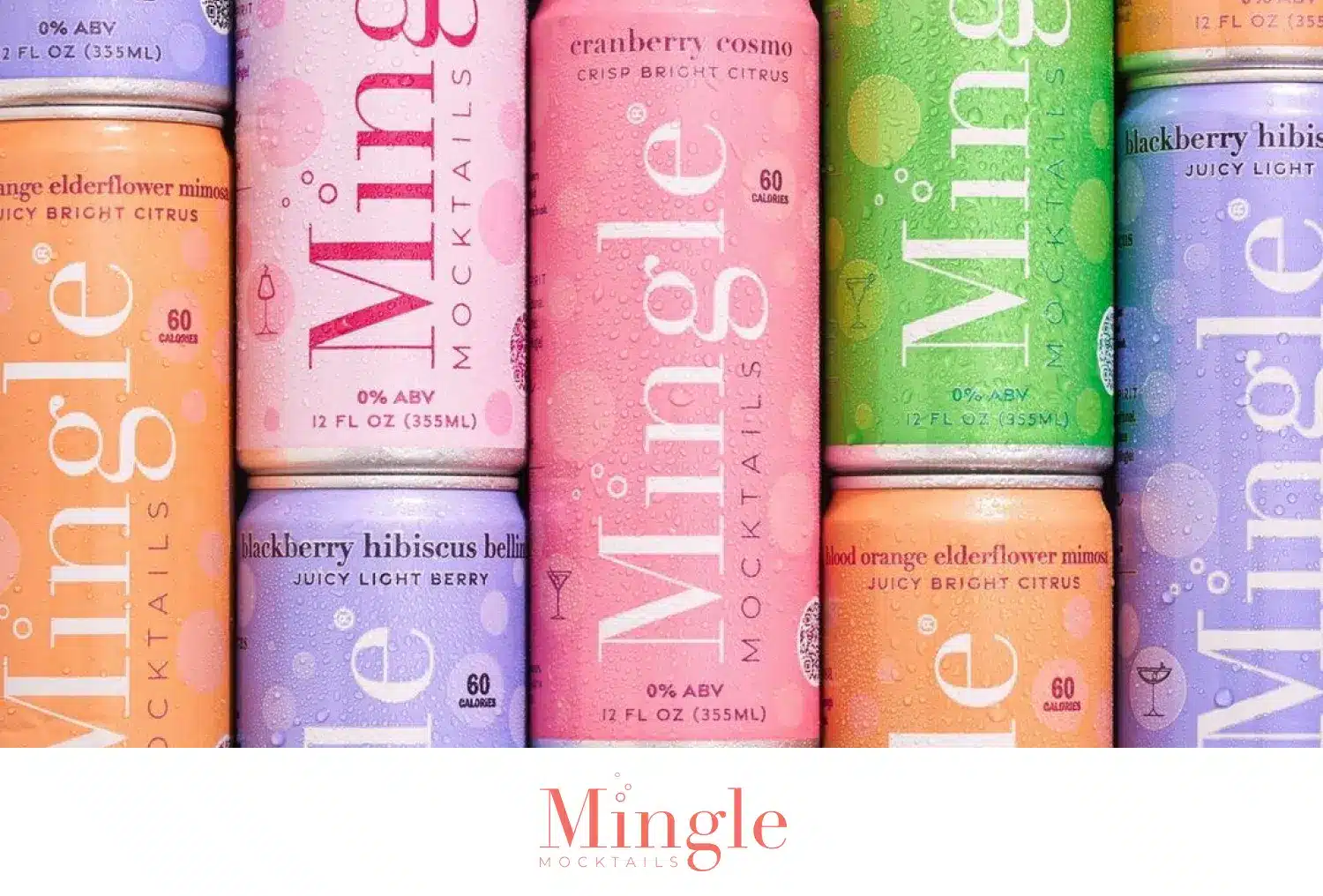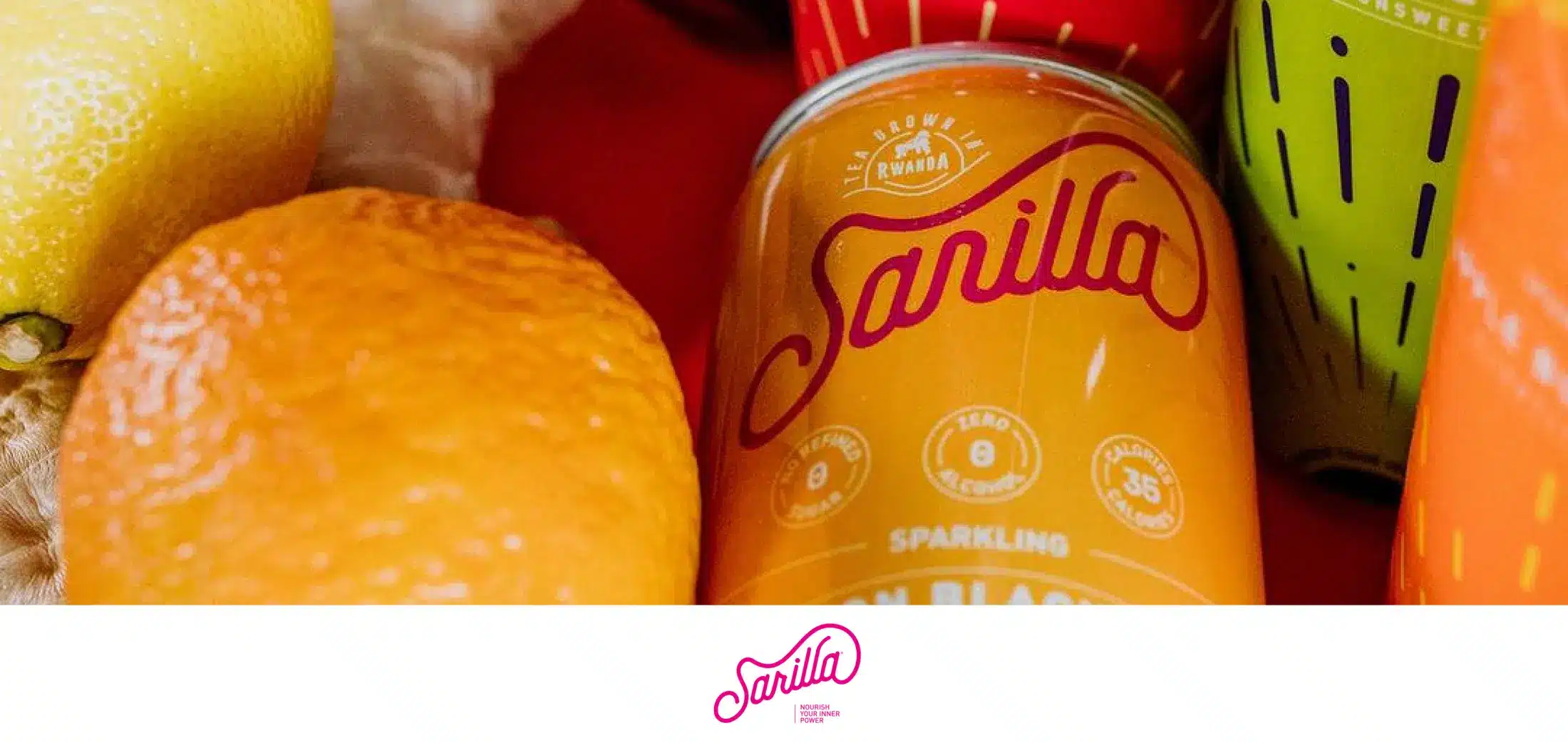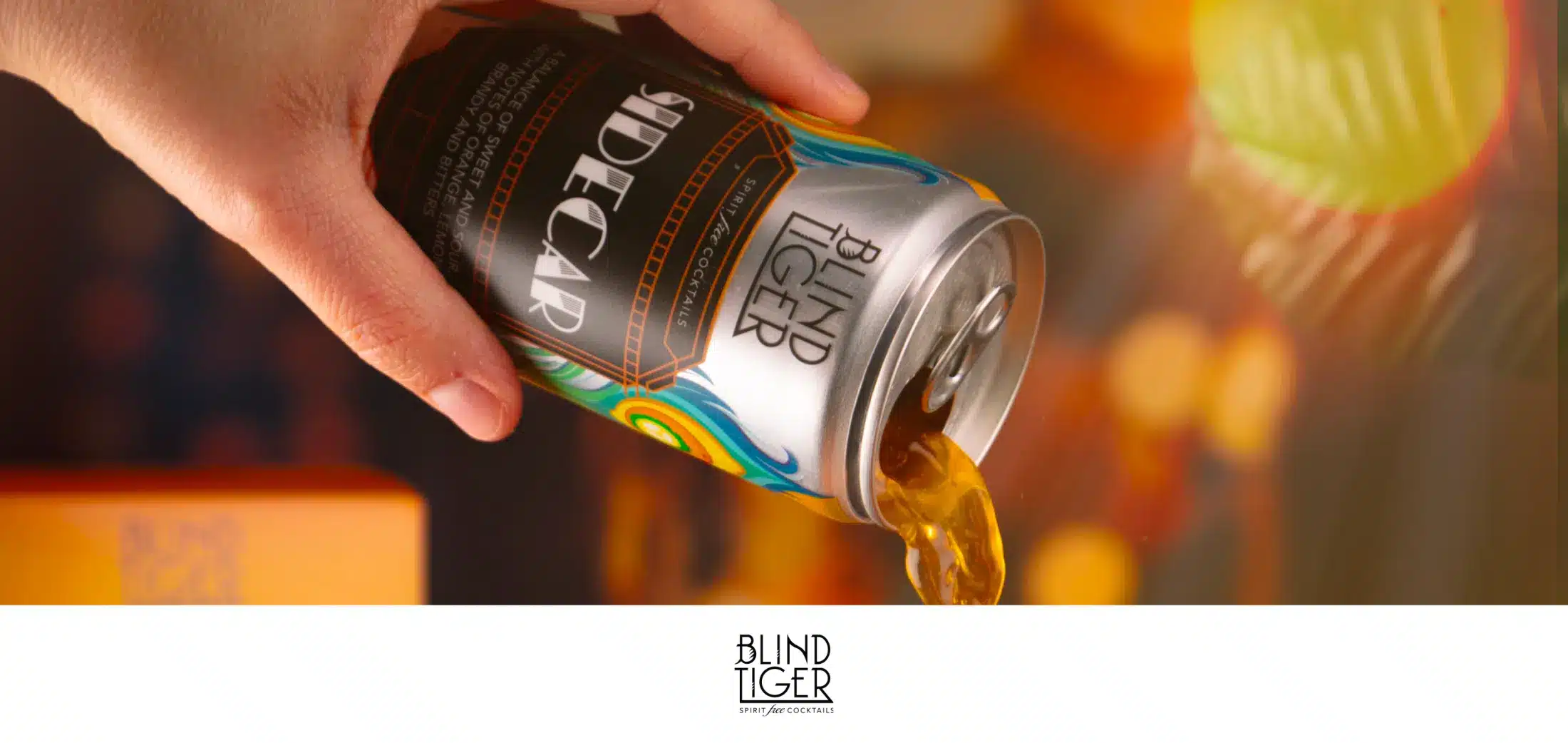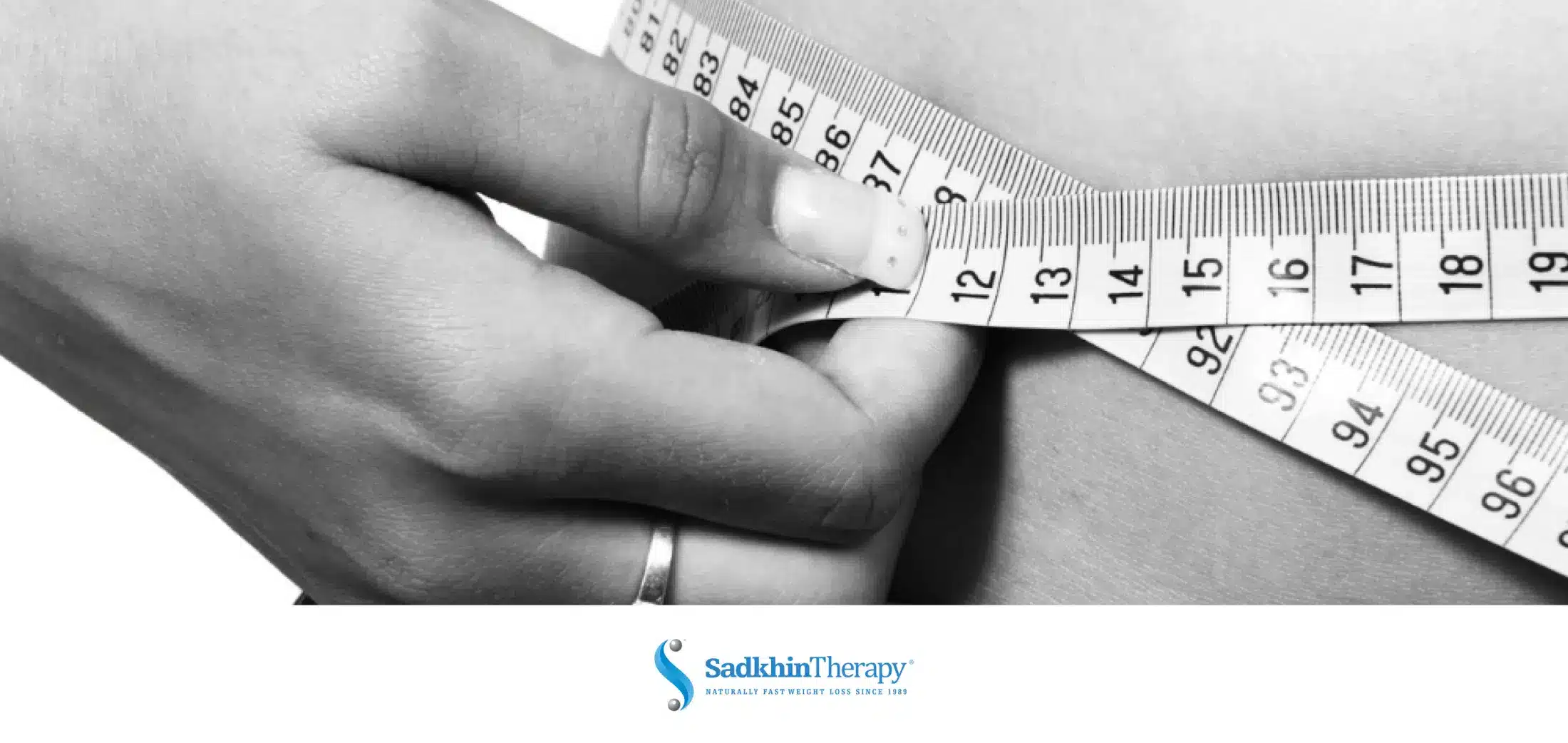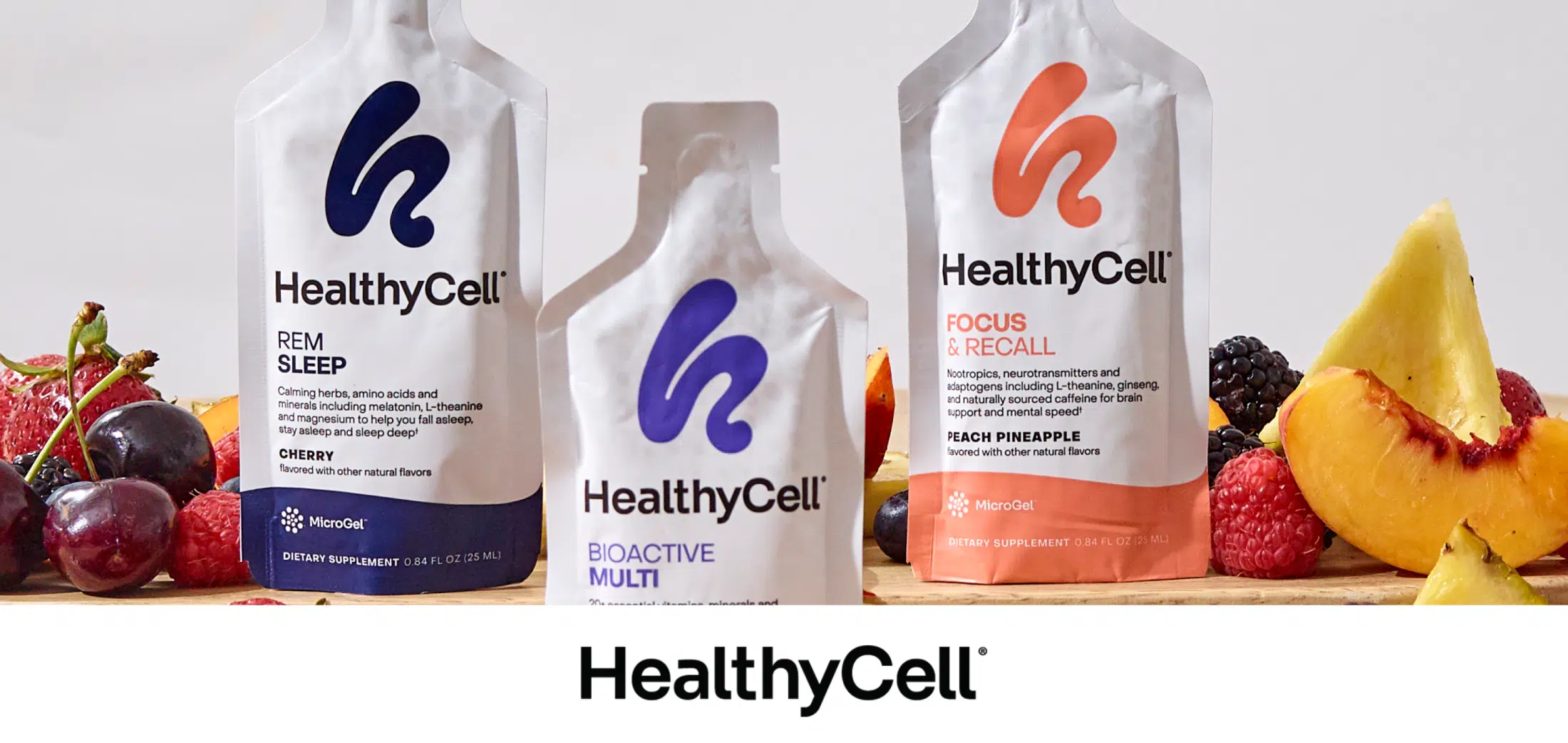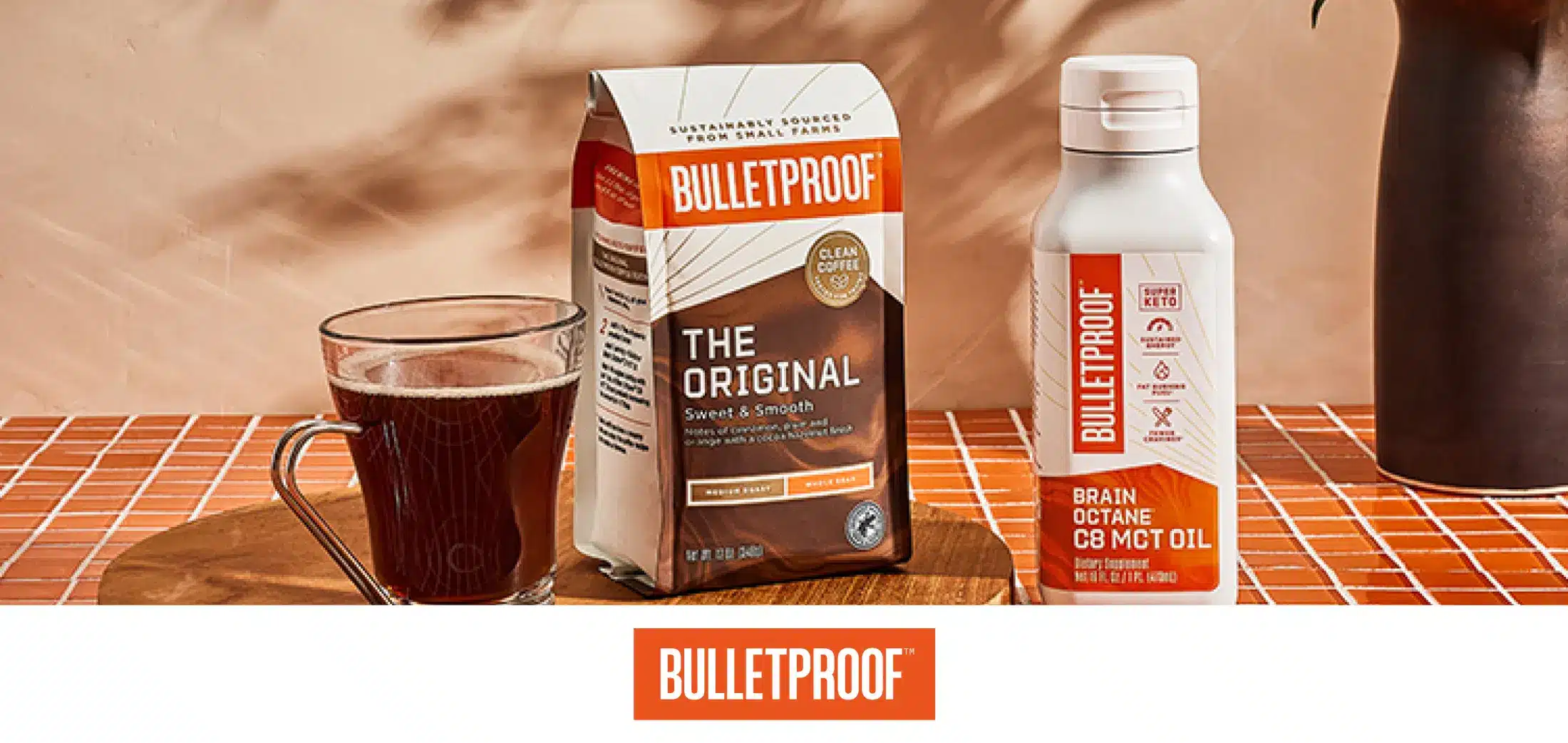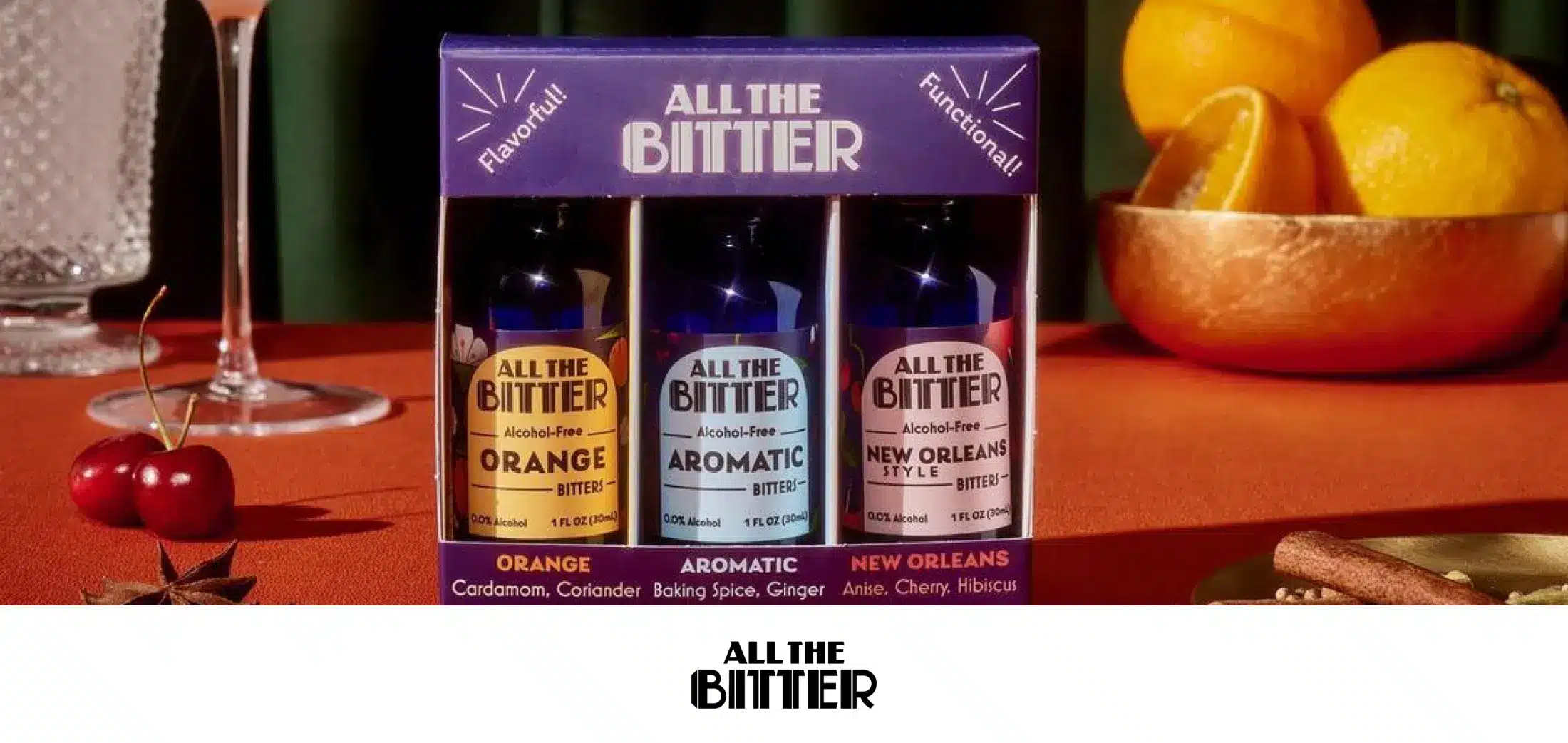What are the Benefits of Quitting Weed?
Quitting weed has many benefits, including improved lung function, better mental clarity, and enhanced cardiovascular health. Whether you’ve been using marijuana for years or just occasionally, deciding to stop smoking weed can be a game-changer.
At the same time, it’s important to recognize that marijuana can have medicinal benefits for some people. For those with chronic pain or anxiety, medical marijuana might offer relief when other treatments fall short. For many, however, the drawbacks can outweigh the positives.
Let’s dive into how quitting weed can improve your life and why some people—like MJ Gottlieb, co-founder and CEO of Loosid, and others in the Loosid community—choose a life without it.
The Physical Benefits of Quitting Weed
One of the first things you’ll notice after quitting weed is the physical improvements. Long-term marijuana users often experience a range of health issues, from lung problems to negative respiratory health to decreased motivation for physical activities. Here are some of the major physical benefits:
- Improved Lung Function: Smoking marijuana, much like smoking tobacco, negatively impacts your lungs. Over time, regular smoking can lead to decreased lung function, chronic cough, and even bronchitis. Quitting weed allows your lungs to heal, helping you breathe easier and potentially lowering your risk of more severe issues.
- Better Cardiovascular Health: Quitting marijuana can lead to improved cardiovascular health. Marijuana use can elevate heart rate and blood pressure, increasing the risk of heart problems. Stopping smoking marijuana gives your heart a break and helps reduce these risks.
- Enhanced Physical Performance: Many marijuana users report a lack of motivation when it comes to exercise or other physical activities. After quitting, you might find that you have more energy and are more willing to engage in activities that boost your overall health and fitness.
Marijuana Withdrawal: What to Expect
If you’ve been using weed for a while, quitting can come with its challenges. Like any substance, stopping marijuana use can lead to withdrawal symptoms. These may include mood swings, irritability, anxiety, and trouble sleeping. Some people also experience cravings, making it tough to stay on track.
While marijuana withdrawal isn’t as intense as withdrawal from harder drugs, it can still be uncomfortable. If you’re struggling, it’s important to seek support from a healthcare provider or a treatment program designed for people recovering from substance use disorders.
The Mental Health Benefits of Quitting Weed
Weed affects your brain, and quitting can have profound effects on your mental health. MJ, who shared his journey with the Loosid community, believes that quitting weed helped him become more present in his life. “Quitting weed helps you face life on life’s terms instead of life on weed’s terms,” he says. Here’s how stopping marijuana can improve your mental well-being:
- Reduced Anxiety and Depression: While some people use weed to cope with anxiety or depression, over time, it can negatively impact these conditions. Marijuana can mess with your brain’s natural chemistry, leading to anxiety and depression when you’re not high. Quitting can help stabilize your mood and give you the mental clarity you need to tackle challenges head-on.
- Improved Short-Term Memory: One of the most well-known effects of marijuana is its impact on short-term memory. Frequent use can make it harder to concentrate, remember things, or stay focused on tasks. After quitting, many people notice a marked improvement in their cognitive function.
- Better Emotional Regulation: Quitting weed can help reduce the emotional ups and downs that come with regular use. People often report fewer mood swings and feel more balanced emotionally after giving up marijuana. This stability is key to staying present and living a more engaged life.
Why Some People Might Actually Need Weed
It’s important to acknowledge that, for some, weed serves a legitimate medicinal purpose. MJ, like many others, believes in the medicinal benefits of marijuana, especially for people dealing with chronic pain or severe mental health issues. “I understand that some people need weed, and it can help them in ways other treatments can’t,” MJ shares.
There are conditions where marijuana might be the best option for pain relief, anxiety management, or appetite stimulation. For people with certain medical conditions, quitting weed might not be the right move. If you’re using weed under the guidance of a healthcare provider and it’s improving your quality of life, that’s what matters most.
However, MJ also notes that for many, weed can become a problem. He explains, “Many members of the Loosid community said they relapsed when they used weed, even though they thought they wouldn’t because it lowered their guard.” For some, marijuana acts as a gateway drug, leading to other substance use or a return to alcohol. MJ himself experienced this: “For me, weed was a gateway to alcohol, which was a gateway to everything else.”
The Slippery Slope: Weed and Relapse
While weed may not seem as dangerous as other drugs, it can still lead people down a dangerous path, particularly those in recovery. “It all depends on how you use weed,” MJ explains. “If you’re using it to check out of life and escape reality, it’s just like any other drug, and you’re better off without it.”
The relaxing effects of weed can cause people in recovery to lower their guard, making them more vulnerable to relapse. This was the experience of many Loosid members, and it’s a risk that shouldn’t be ignored. If you’re using weed as an escape, it might be time to reevaluate its role in your life.
CBD has gained popularity for its potential to alleviate anxiety, pain, and other conditions without the psychoactive effects of THC. While it’s often marketed as a safer option than marijuana, it’s important to recognize that it may still pose risks for those in recovery. For some, using CBD can feel like staying connected to cannabis culture, which can lower their defenses and make it easier to fall back into old habits. If you rely on CBD for medical purposes, that’s fine, but it’s crucial to remain mindful of how and why you’re using it to avoid it becoming an emotional or mental escape.
Personal Growth Through Sobriety
One of the most compelling reasons to quit weed is the opportunity for personal growth. MJ emphasizes how quitting weed forced him to face life’s challenges head-on without the crutch of marijuana. “Learning to live without weed, you get infinitely better at life. The pain that you lean into makes you better at life,” he says. It’s this process—of learning to deal with discomfort and tough emotions—that helps you grow.
Being fully present, without the haze of marijuana, allows you to connect more deeply with the world around you. You’ll find that you’re more engaged with your relationships, your work, and your passions. And as MJ puts it, “Sobriety makes you learn that the only way out is through, not around.”
Finding Support for Quitting Weed
If you’re thinking about quitting weed, you don’t have to do it alone. There are countless support groups and programs designed to help people recover from marijuana addiction and other forms of drug abuse. For example, the Loosid sober app can be a great place to find support. Whether it’s through counseling, a structured treatment program, or simply connecting with a community like Loosid, getting support can make all the difference in your journey to sobriety.
Support is key to overcoming the negative effects of marijuana and moving forward with a healthier, more fulfilling life. If you’re struggling with addiction treatment or just want guidance on how to stop, reaching out to others who’ve been through it can give you the strength and insight you need.
The Importance of Sober Dating: Avoiding “California Sober”
When it comes to dating in sobriety, there’s an increasing trend of people referring to themselves as California sober—meaning they don’t drink alcohol but still use weed or other substances. While this might work for some, it can present challenges for those who are fully committed to sobriety.
For many people in the Loosid community, dating someone who is fully sober is critical to their own recovery. “It all comes down to lowering your guard,” MJ says. “When you’re sober, and your partner isn’t fully committed to the same lifestyle, it can be easy to fall back into old habits, especially if they’re using weed or other substances.”
Being around someone who’s using weed or even just casually smoking can create temptation and compromise the foundation of your sobriety. When dating, it’s essential to find someone who respects and supports your commitment to being fully present in life. That’s why Loosid’s dating feature encourages fully sober individuals ready to explore sober dating.
The Long-Term Benefits of Quitting Marijuana
In the end, the benefits of quitting marijuana far outweigh the temporary comfort it might provide. From improved physical and mental health to stronger relationships and personal growth, quitting weed opens the door to a better, more present life. As MJ reminds us, quitting weed isn’t about escaping life—it’s about showing up for it fully.
If you’re ready to take the next step, start by recognizing that while the journey may be challenging, the rewards are well worth it. Whether you’re struggling with substance use disorders, looking to improve your lung function, or simply want to live a life free from the effects of marijuana, quitting weed can be the best decision you’ll ever make.
- Living a Sober Life: What It’s Like — And Is Being Sober Worth It? - April 10, 2025
- 20 Reasons to Stay Sober: Stories from Real People - March 27, 2025
- The Best Free Sober Apps for a Holistic Sobriety Lifestyle - March 13, 2025









